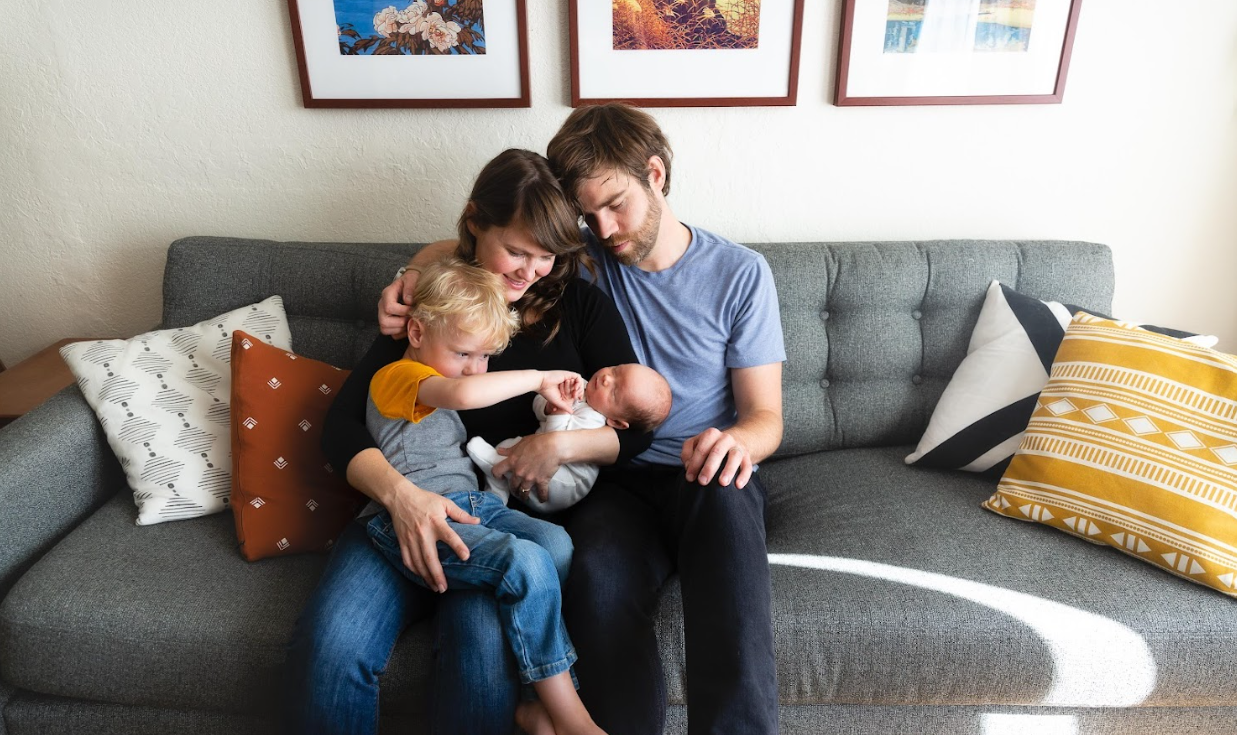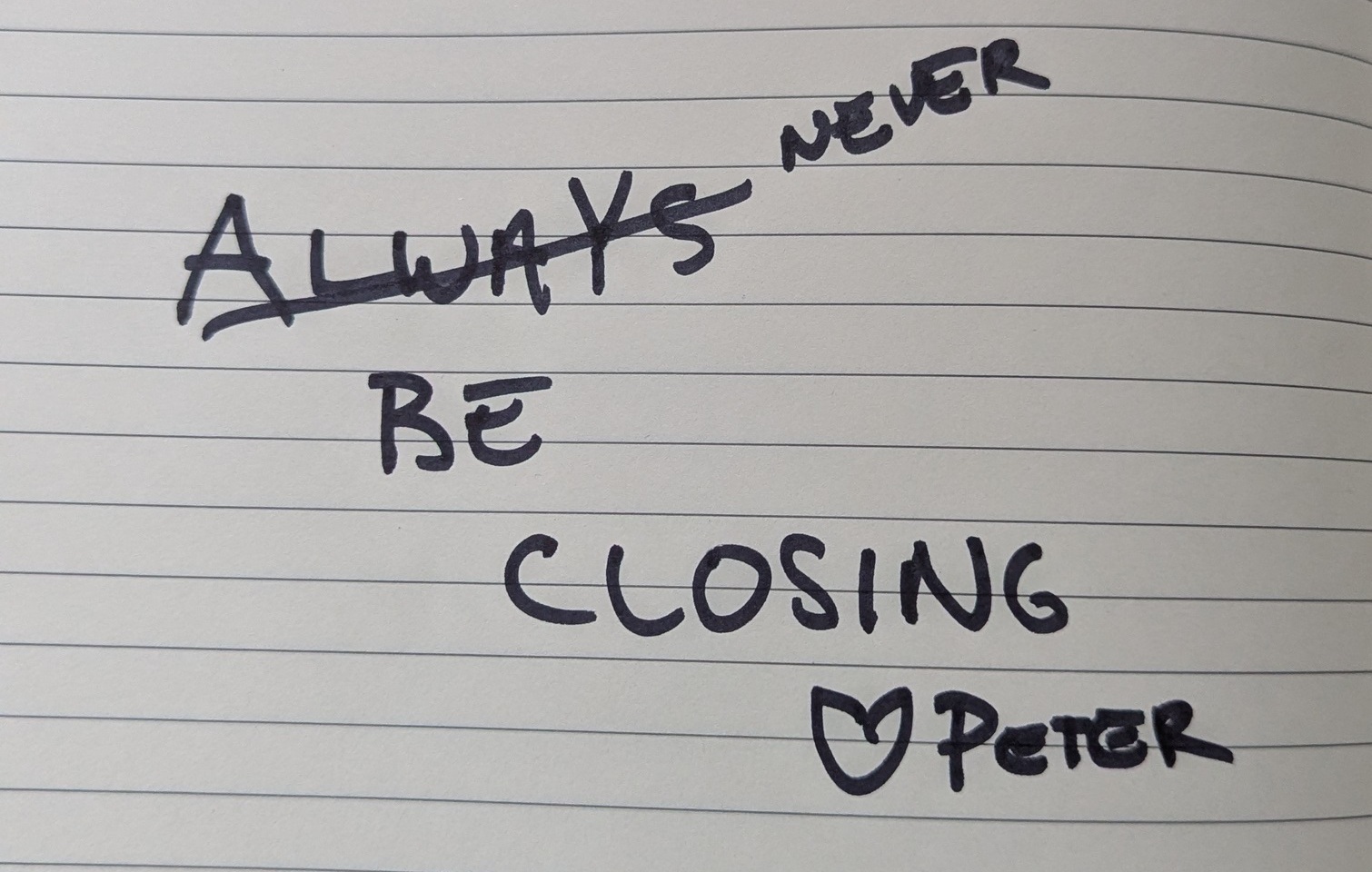We often imagine that our brains work something like this: 1) we objectively gather data and information from the world around us, 2) we use that data to build rational conclusions about ourselves and the world, and 3) behave according to those rational conclusions.
Instead, how our brains usually work is probably something more like this: 1) we have engrained conclusions or assumptions about ourselves and the world based on what we learned as children, often from traumatic experiences, 2) we actively seek out evidence from the world to confirm those assumptions (and filter out contradicting information), and 3) having inevitably found the evidence we were looking for, behave according to our existing belief system. Rather than objectively observing the world, we often bend, filter, and distort what we observe to confirm what we already (consciously or unconsciously) believe to be true, like “I don’t belong,” “I can’t do it,” “people are idiots,” “people are jerks,” etc.
Some of the most powerful questions in coaching then become:
- What assumptions or beliefs about myself or the world have I been unconsciously gathering evidence for?
- What am I not allowing myself to see and experience because of that?
- What new assumptions and beliefs might better serve me and the world?





Peter Schulte
I help aspiring changemakers do good in the world and feel good in the process.